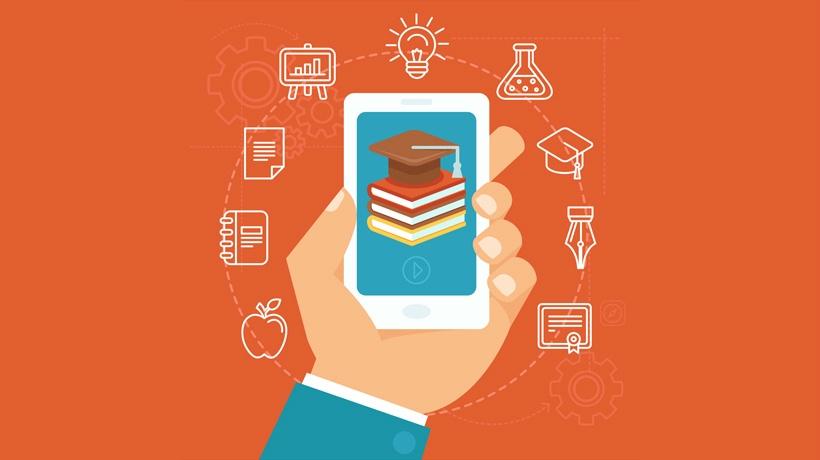Mobile learning, often referred to as m-learning, is a transformative educational approach that leverages the ubiquity of mobile devices, such as smartphones and tablets, to provide learners with access to educational content anytime, anywhere.
This innovative method has revolutionized the way we acquire knowledge and skills. Here are the key aspects of mobile learning:

- Accessibility: Mobile learning capitalizes on the convenience and accessibility of mobile devices. Learners can access educational content on the go, whether commuting, waiting, or during breaks.
- Flexibility: Offers flexible learning schedules, allowing students to customize their study routines to fit their lifestyles. This adaptability is particularly beneficial for working professionals and those with busy schedules.
- Personalization: Platforms can adapt to individual learning styles and preferences. They can provide personalized content, assessments, also progress tracking, creating a tailored learning experience.
- Engagement: Mobile apps and platforms often incorporate gamification also interactive elements, making learning more engaging and enjoyable. This can boost motivation and retention of information.
Blended Learning: Mobile learning can complement traditional classroom education. It provides resources for further study and revision, reinforcing classroom learning and enhancing understanding.
Multimedia Content: Platforms support various multimedia formats, including videos, podcasts, interactive quizzes, and animations. These diverse resources cater to different learning styles.
Collaboration and Social Learning: Mobile apps often include features for peer interaction and collaboration. Students can discuss topics, share resources, also collaborate on projects through discussion forums, chat features, or collaborative documents.
Continuous Learning: Promotes continuous learning, allowing individuals to acquire knowledge and skills at their own pace. This facilitates lifelong learning and ongoing professional development.
- Cost-Efficiency: Many resources are cost-effective, eliminating the need for physical textbooks or printed materials. This makes education more affordable and accessible to a wider audience.
Real-World Application: Provide real-world scenarios and case studies that apply to learners’ immediate environments. This practical relevance enhances the understanding also application of knowledge.
Conclusion
As mobile technology continues to evolve, mobile is poised to expand its reach and impact further.
It offers opportunities for education to be more inclusive, accessible, and adaptable, enabling learners of all ages to access high-quality educational content at their fingertips. 바카라사이트